Books About Honesty & Integrity for Children
Teaching our children about virtues is a daily event, through small acts to big talks. These children’s books about honesty and integrity will help you along the way.
Honesty and integrity are fundamental values that shape a your child’s character and guide their interactions with the world and childrens books are a great place to start.
In this curated collection, you’ll discover a treasure trove of stories that illuminate the importance of truthfulness, sincerity and doing what’s right.
You can find these books about honesty and integrity at your local library or through the links provided for your convenience.
This post contains affiliate links.
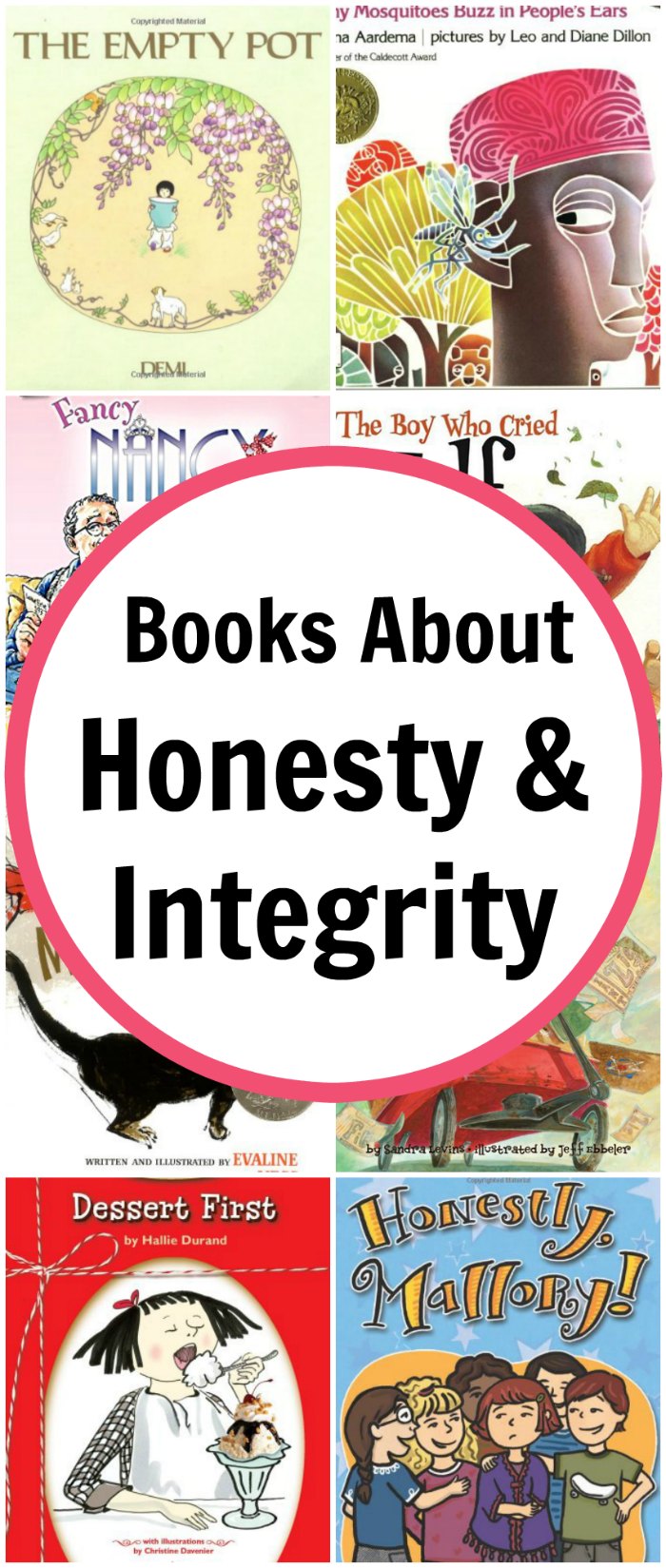
These books take young readers on engaging journeys that explore the rewards of honesty and the consequences of dishonesty.
Through relatable characters and heartwarming tales, children will learn valuable life lessons about making ethical choices, standing up for what’s right and building strong moral foundations.
I’ve broken down these books by children’s picture books about honesty as well as chapter books for older readers, a perfect part of SEL ideas for kids.
Honesty for Kids
Honesty is a crucial and fundamental value to teach your child for various reasons. Here’s how to explain it to your child:
Honesty is like a superpower that helps you in many ways! Imagine if you had a magical truth-telling cape – that’s what honesty is like. Here’s why it’s so important:
Trust: When you’re honest, people trust you more. If you tell the truth, your friends, family and teachers will believe what you say. Trust is like a strong bridge that keeps your relationships solid and secure.
Feel Good: When you’re honest, you feel good about yourself. You can be proud of being truthful because you’re doing the right thing. It makes your heart feel happy and light.
Responsibility: Being honest also means taking responsibility for your actions. When you make a mistake, like spilling juice or breaking a toy, it’s better to admit it honestly. That way, you can learn from your mistakes and make things right.
Key Education Social Skills Boxed Game Set, 15 Board Games With Social Emotional Learning Activities Learning Resources All About Me Feelings Activity Set – Social Emotional Learning Games,
Learning Resources All About Me Feelings Activity Set – Social Emotional Learning Games, Learning Resources Be Kind Cubes
Learning Resources Be Kind Cubes Key Education Social Skills Activities for Kids
Key Education Social Skills Activities for Kids
Respect: Honesty shows that you respect other people. It’s like treating them how you want to be treated. When you’re honest, you show that you care about their feelings and their trust in you.

So, being honest is like having a superpower that helps you make friends, feel good about yourself, learn from your mistakes and show respect to others. It’s a fantastic quality to have!
Are Honesty and Integrity the Same Thing
Honesty and integrity are closely related but not exactly the same.
Honesty typically refers to telling the truth and being forthright in one’s communications and actions. It involves being transparent and sincere, particularly when dealing with facts or information.
Integrity, on the other hand, encompasses a broader set of values and principles. It involves a consistent adherence to moral and ethical standards, not just in terms of truthfulness but also in how one conducts themselves in all aspects of life.
Integrity goes beyond being honest — it involves maintaining a strong moral compass and demonstrating ethical behavior consistently, even when faced with difficult choices or temptations.
Improve Every Lesson Plan with SEL Social-Emotional Learning and the Brain: Strategies to Help Your Students Thrive
Social-Emotional Learning and the Brain: Strategies to Help Your Students Thrive The Social-Emotional Learning Playbook: A Guide to Student and Teacher Well-Being
The Social-Emotional Learning Playbook: A Guide to Student and Teacher Well-Being SEL for Teachers: A Journal of Social Emotional Learning
SEL for Teachers: A Journal of Social Emotional Learning
While honesty is a crucial component of integrity, integrity encompasses a more comprehensive commitment to doing what is right and just, even when no one is watching.
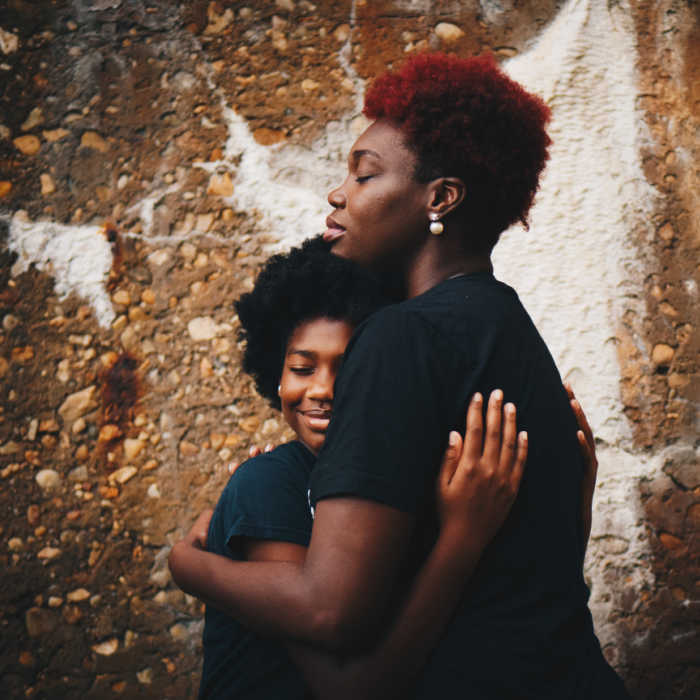
Essentially, honesty is a facet of integrity, but integrity extends beyond mere truthfulness to encompass a broader sense of moral character.
How is Honesty Part of Social and Emotional Learning
Honesty is an integral component of Social and Emotional Learning (SEL), which focuses on developing emotional intelligence and interpersonal skills. Within the SEL framework, honesty plays several crucial roles.
It is deeply connected to self-awareness, as children learn to recognize and understand their feelings and actions truthfully.
Additionally, honesty promotes self-regulation by encouraging kids to manage their emotions and behaviors in line with ethical and moral standards.
Responsible decision-making, another SEL competency, is also enhanced by honest assessment of the consequences of one’s actions.
Coloring Sheets about Honesty & Good Character Telling the Truth Social Skills Story, Honesty Social Skills Story,
Telling the Truth Social Skills Story, Honesty Social Skills Story, Honesty Lapbook Activity, Social Emotional Learning Writing
Honesty Lapbook Activity, Social Emotional Learning Writing Honesty Poster Character Education For Kids
Honesty Poster Character Education For Kids
For relationships, honesty is pivotal for open and effective communication.
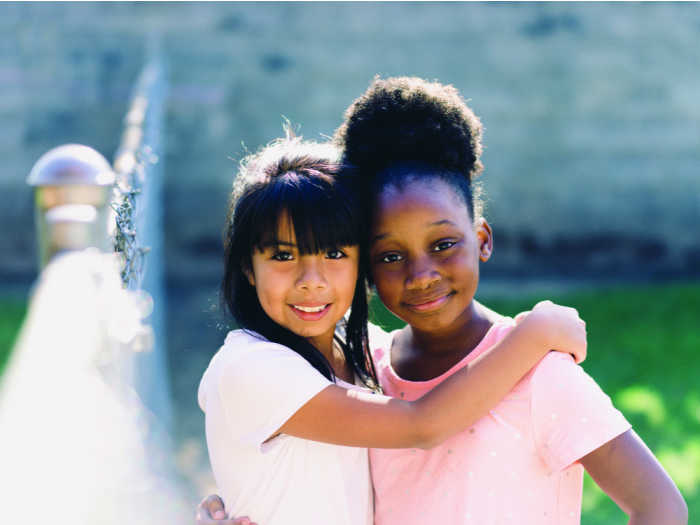
Ultimately, SEL fosters emotional intelligence and well-rounded individuals. For more SEL topics, visit Social Emotional Learning Books for Kids.
SEL for Kids Starts At Home
As a parent, teaching Social Emotional Learning (SEL) to young children is crucial for their overall development. It helps your child understand and manage their emotions, fostering mental well-being.
SEL cultivates empathy, which is the foundation for healthy relationships and effective communication. These skills are essential for both academic success and life beyond the classroom.
Rather than formally teaching social and emotional skills, these should be integrated into the day to day interactions and activities for your kids.
All Learning Is Social and Emotional: Helping Students Develop Essential Skills for the Classroom and BeyondTeaching with a Social, Emotional, and Cultural Lens: A Framework for Educators and Teacher EducatorsThe SEL Toolbox: Social-Emotional Learning Activities to Teach Kids to Generalize Learned Skills to Real-Life SituationsThe Social-Emotional Learning Toolbox: Practical Strategies to Support All Students
By teaching SEL at home, you as a parent can empower your children to navigate the complexities of human interactions, making them more resilient and socially competent individuals.
Our Favorite Books on Honesty and Integrity
And while we’re on the subject of honesty and integrity, I should be honest — I have two favorite children’s books on this list… The Empty Pot and Why Mosquitoes Buzz in People’s Ears.
We accidentally stumbled across The Empty Pot at a used book sale. Little did I know that this book was so delightful, had a wonderful “moral of the story” ending and would quickly become one of our favorites.
This Virtues Unit Study is also a great resource for teaching virtues to your kids.
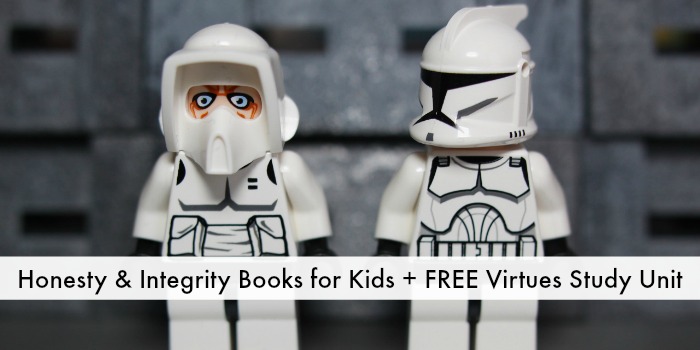
Children's Books About Honesty & Integrity
Join us on a literary adventure where the virtues of honesty and integrity are celebrated and cherished, offering young minds both inspiration and guidance as they navigate the world around them.
The Empty Pot is Demi's beloved picture book about an honest schoolboy.
Demi’s exquisite art and beautifully simple text show how Ping’s embarrassing failure is turned triumphant in this satisfying tale of honesty rewarded.
*** Winner of Caldecott Medal in 1976 and the Brooklyn Art Books for Children Award in 1977.
This African folk tale, told with award-winning graphics and narration reminiscent of the traditional village storyteller, is the story of how a tale passes from animal to animal, creating a jungle disaster.
The Emperor himself, his court, and his clothes — or lack of them — are ridiculous as only the master storyteller Hans Christian Andersen can make them.
Horace thought it was the best truck he had even seen. So he stuck it in his pocket and took it home.
The only trouble was, it wasn’t his…
Nancy wants to do an interesting school report on her ancestor. (That’s fancy for a family member who lived long ago.)
But will she remember to stick to the plain truth?
Laura Rankin touches on an important childhood issue of lying with gentleness and humor, offering a reassuring look at how standing up for the truth can help cut even the biggest mistake down to size.
The further hilarious education of one of kid lit's most celebrated villains.
Big Bad Wolf’s first visit to his local library (as related in Mind Your Manners, B.B. Wolf) was such a success that he returns to tell his version of “The Three Little Pigs.”
His outrageous spin on the tale draws skeptical remarks from his audience: “Isn’t that wolf’s nose getting longer?” asks Pinocchio.
It's never too soon to learn the difference between what's true and what isn't.
Words and pictures help young children discover that being honest in words and actions builds trust and self-confidence. They also learn that telling the truth sometimes takes courage and tact.
Inspired by Jewish and Islamic traditional texts, this is a beautiful tale about doing the right thing, even in the face of adversity.
Eli knows the difference between pretending and real facts.
Sometimes in real life keeping to the facts is hard for Eli.
With the help of his parents and the super-deluxe lie-o-meter, Eli learns about the consequences of his fibs and the value of telling the truth.
Violet has a great new backpack with wheels and zippers, but when the many pockets distract her and cause her to misplace her homework, she tells a lie to cover it up, so the teacher gives her an even harder assignment.
This anxious student discovers that it’s more important to tell the truth than to keep it zipped up in this timely tale.
Sam, Bangs & Moonshine is the winner of the 1967 Caldecott Medal. Samantha (known as Sam) is a fisherman’s daughter who dreams rich and lovely dreams–moonshine, her father says.
But when her tall stories bring disaster to her friend Thomas and her cat Bangs, Sam learns to distinguish between moonshine and reality.
B.G. Hennessy’s retelling of this timeless fable is infused with fanciful whimsy through Boris Kulikov’s hilarious and ingenious illustrations.
This tale is sure to leave readers grinning sheepishly.
Passed from generation to generation, Aesop’s best-loved fables are presented here with beautiful illustrations that bring these naughty, bold, brave, and lovable creatures to life.
These famous tales tickle the imagination and teach simple truths, ones that children and adults face every day.
Inside are twenty classic fables, including The Tortoise and the Hare, The Goose Who Laid the Golden Eggs, and The City Mouse and the Country Mouse.
This beloved story is a perfect way to teach children about the importance of honesty.
When Mama goes to the market, Brother and Sister play soccer in the house . . . and end up breaking a lamp!
When Mama asks them what happened, they tell her a series of whoppers that just get bigger and bigger. Will they ever tell her the truth?
Jess and her brother accidentally break a vase. When their mom about the vase, Jess has to decide whether or not to tell the truth.
ELEMENTARY CHAPTER BOOKS ABOUT HONESTY & INTEGRITY
In order to win an important baseball game, twelve-year-old Kyle claims to have made a difficult catch which he actually dropped.
The unearned win gives his team, the Reds, an unfair advantage in the championship series against the Cubs, and everyone–from his teammates to his parents–considers him the hero of the game.
But the heady excitement of the praise and attention he receives is not enough to silence his conscience, which starts getting to get the better of him.
As the oldest in a rambunctious, restaurant-owning family of six, Dessert seems to be better at getting into trouble than getting out of it.
And that’s because, for this eight-year-old, saying sorry is definitely not a piece o’cake!
Everyone seems to know what they want to be for Career Day at school that is, everyone except Mallory. She can’t seem to find anything she’s good at.
Mallory’s lie grows and grows until she must face the truth and make amends with her class, friends, teachers, and parents.
Mike’s telepathic dog Harry is able to tell him what the other football team plans to do on the field, but Mike wonders–is it cheating?
Can he win the game without Harry’s help?
Mr. Elives’s magic shop is back, and this time it is on the other side of Tucker’s Swamp. And Tucker’s Swamp is where Charlie Eggleston heads to escape a beating-for lying.
Charlie can’t seem to keep from lying, though sometimes his lies are for a good cause.
Author Fred Bowen delivers exciting play-by-play action along with an important story of winning and losing, truth and consequences, and good sportsmanship.
Be sure to check out our Virtues Unit Study resources!

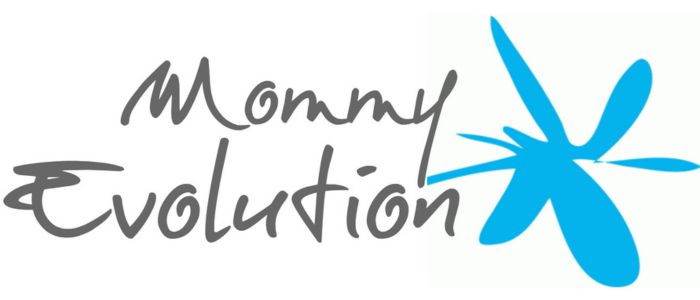








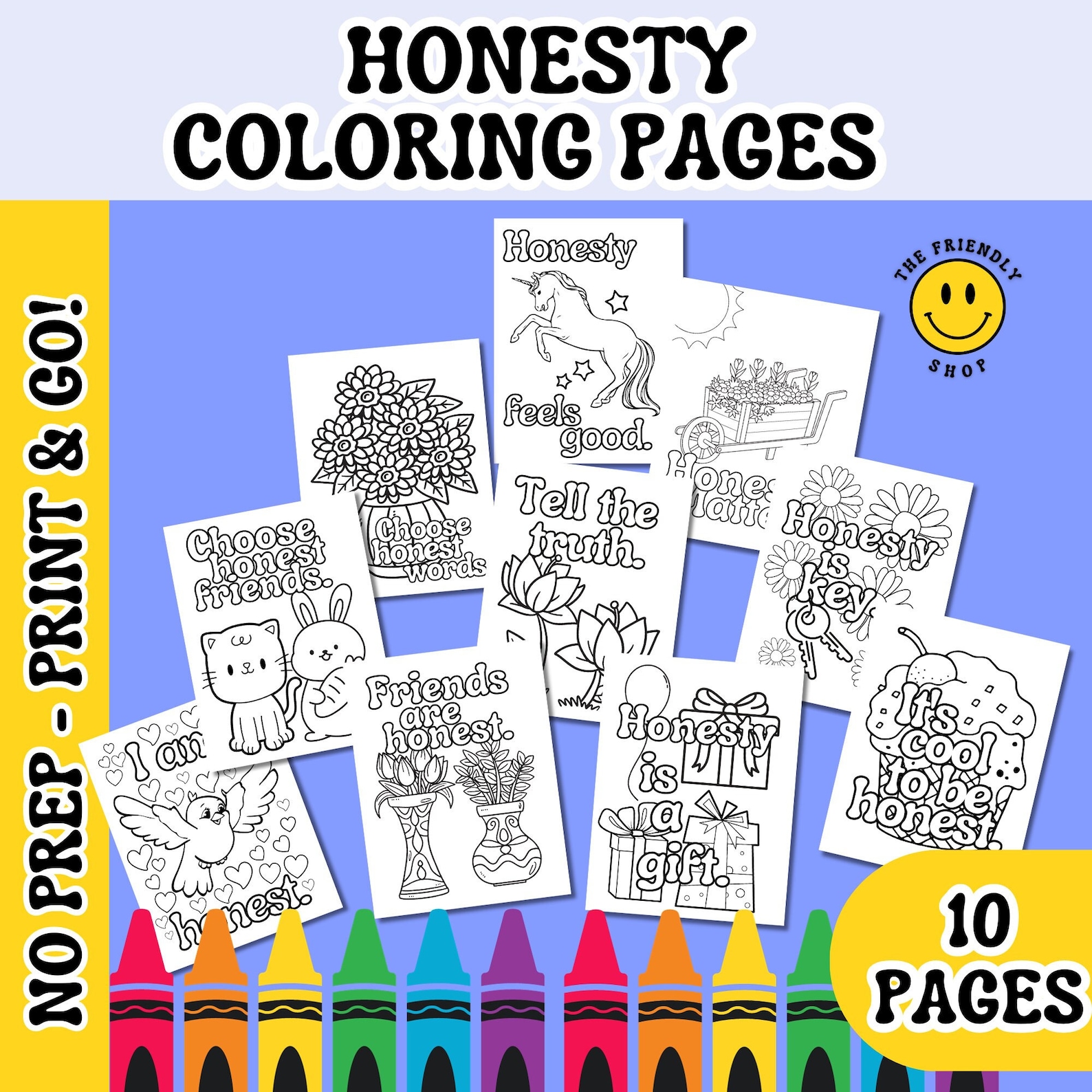
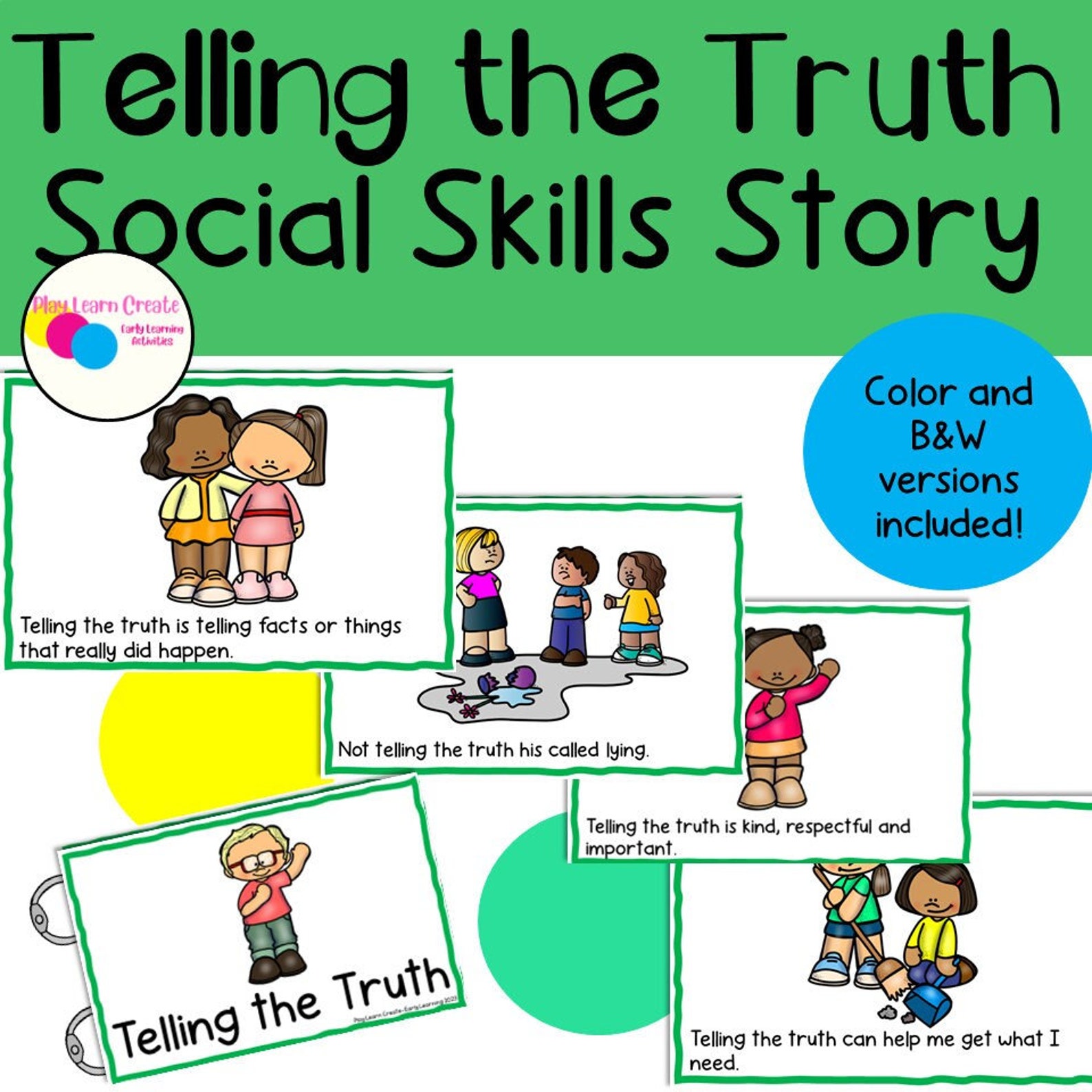
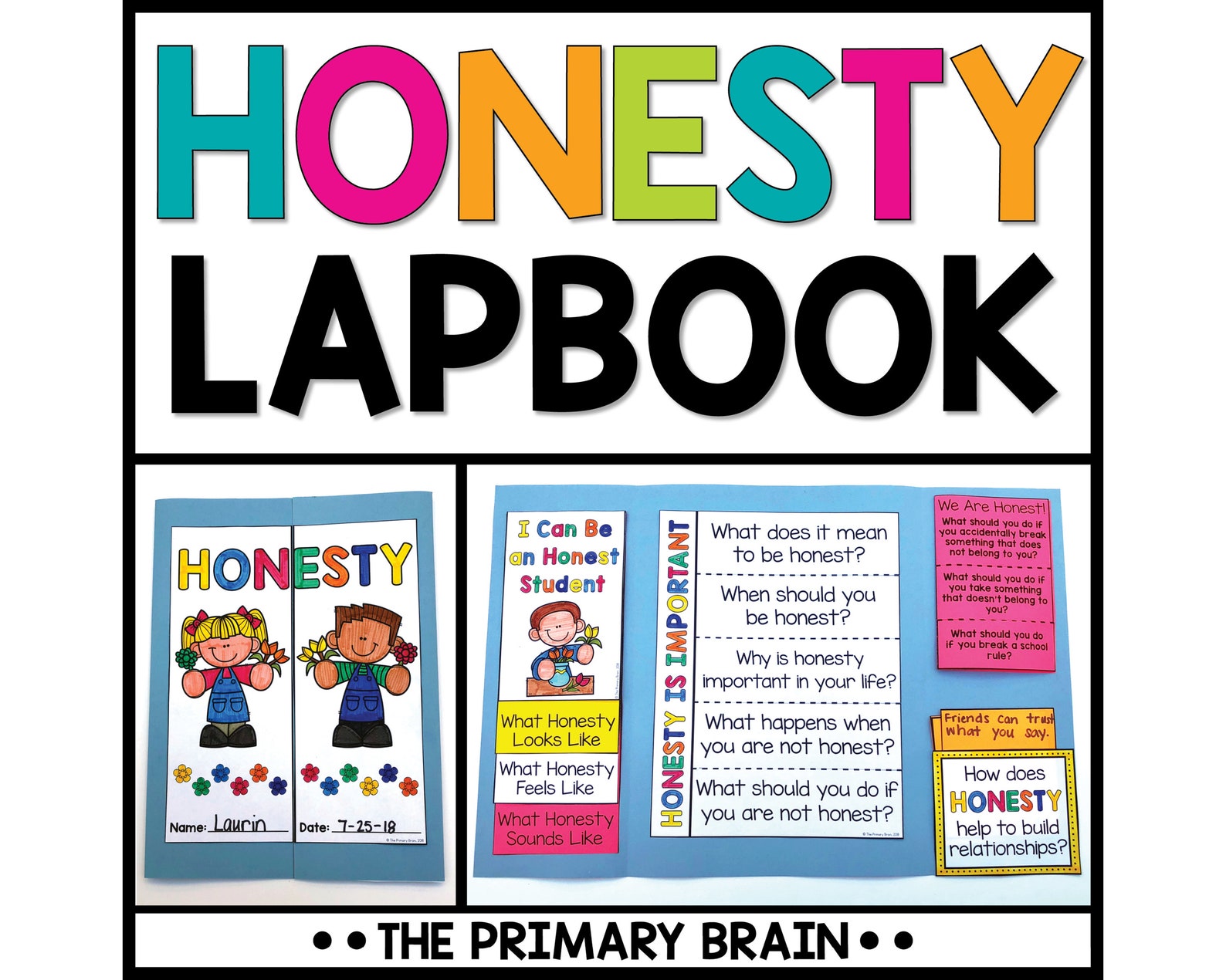
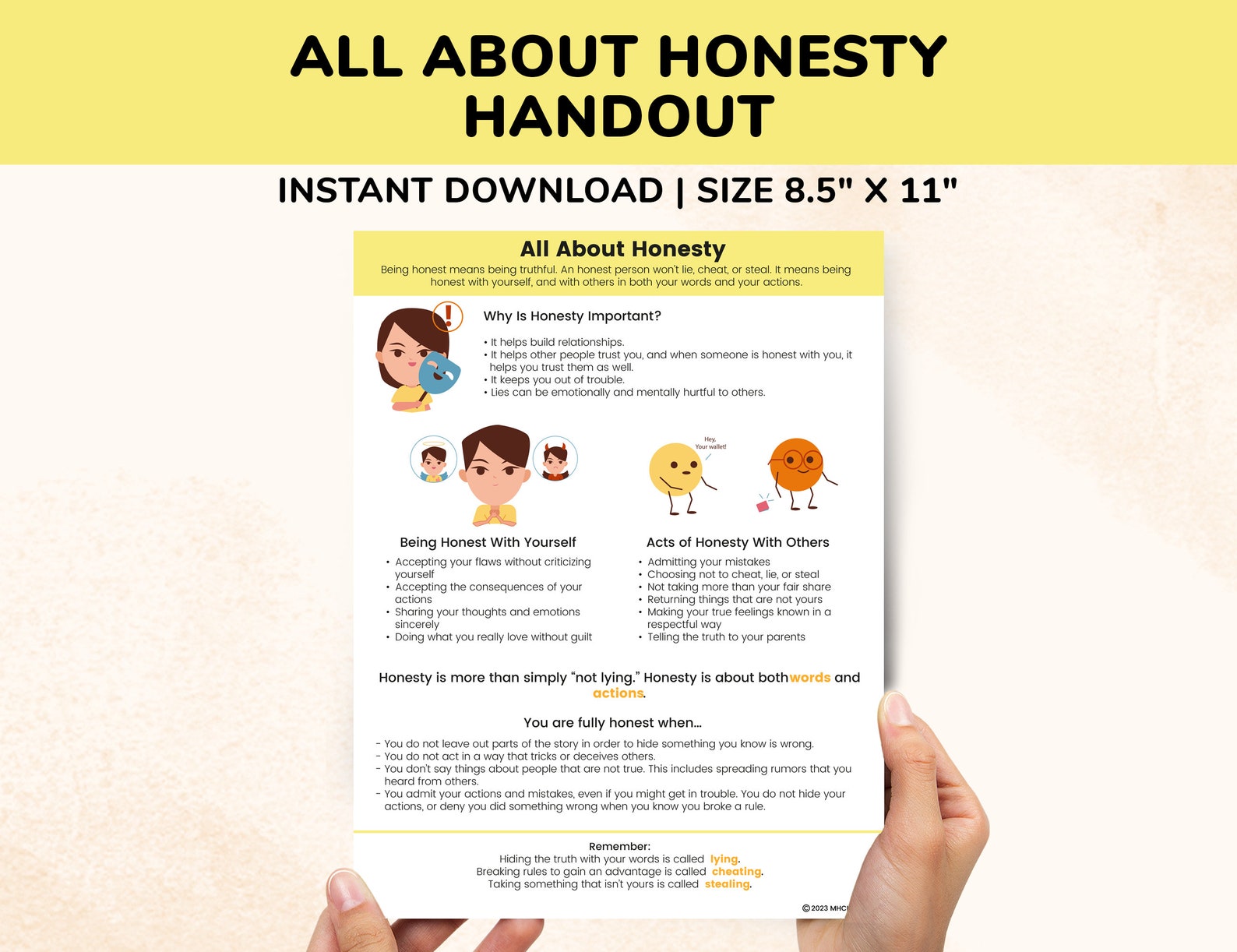


























Reading these books to your children (young) can only be a good thing!
A great mix of favorites and “new” books to try out.
What a great list of book about honesty. I loved reading Sam, Bangs, and Moonshine. I’d forgotten all about that book. Thanks for sharing.
Always glad to spotlight an old favorite 🙂 Happy reading!